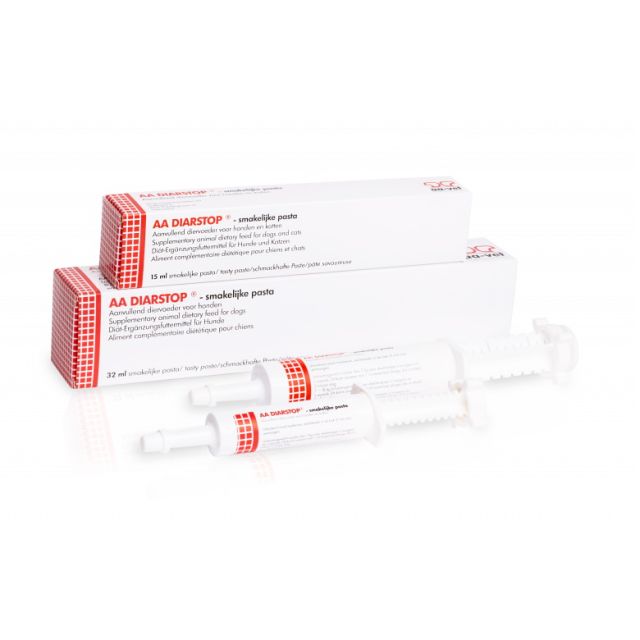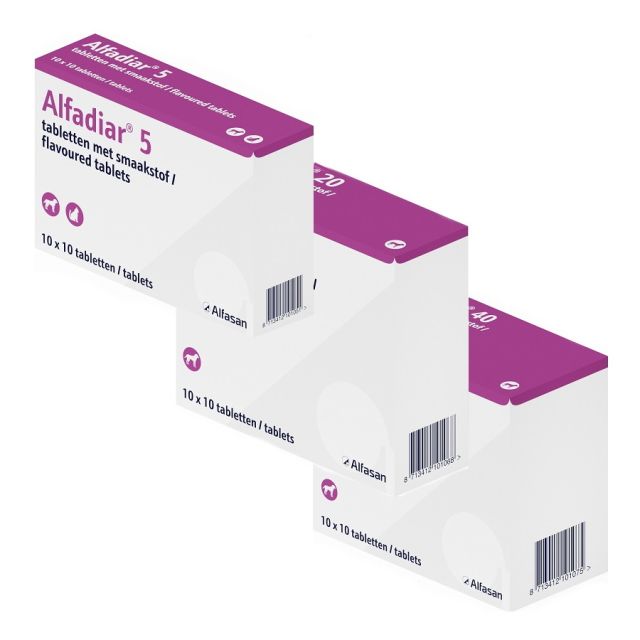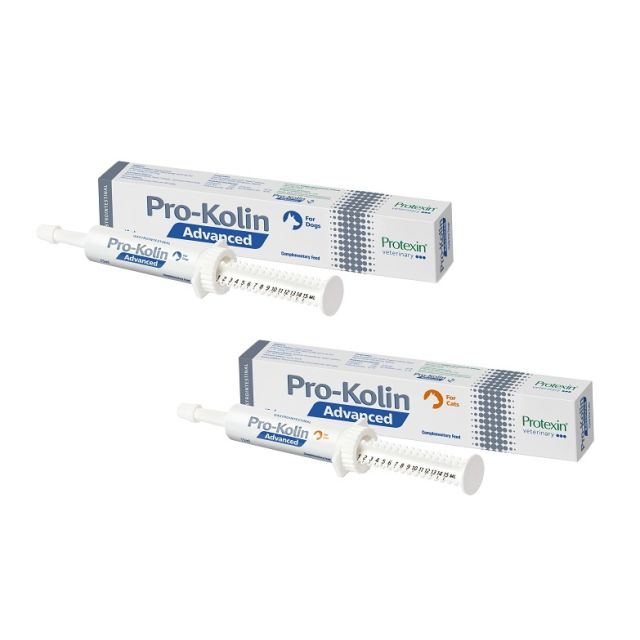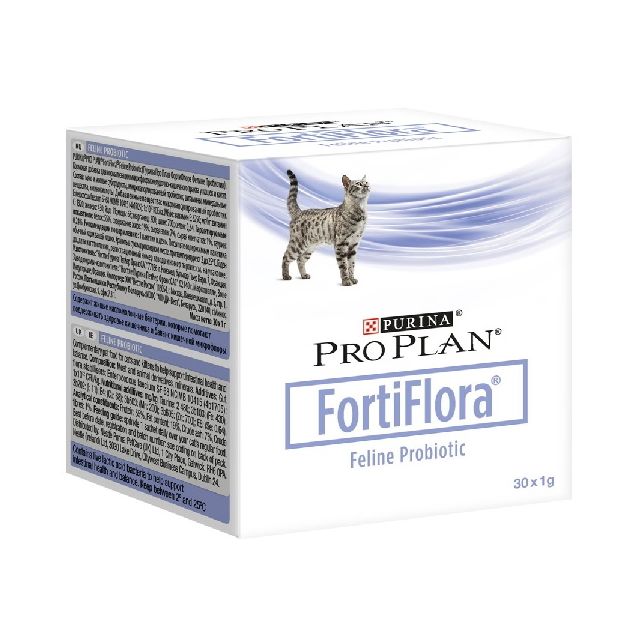Diarrhea in kittens
It’s probably not your favorite chore to clean the litter box. If your kitten has diarrhea, it’s even more of a hassle! The stool is thin and smells even stronger than usual. Your kitten may have had an accident outside the box or there might be some stool stuck in its fur. It’s inconvenient for you and for your cat. Fortunately, diarrhea often clears up on its own within a few days. You can also take steps to help speed up your kitten’s recovery and stop the diarrhea. Pharmacy4pets offers various products to support your kitten with diarrhea. Read on to find out what causes of diarrhea might be, what you can do yourself, and when it’s advisable to take your kitten to the vet.
Causes of Diarrhea in Kittens
Diarrhea can have many different causes, and it’s not always easy to determine why your kitten has unusual stool. Some common causes of diarrhea in kittens include:
- Change in Living Conditions: Many kittens who have just moved into a new home experience or develop diarrhea. It’s quite a lot to handle—away from their mother and siblings, a new place with new owners, sometimes a change in food… The stress caused by this can itself lead to thinner stool and also reduces the immune system, making kittens more susceptible to relatively harmless viruses or parasites. A change in diet is always an adjustment for their intestines, and this can result in diarrhea.
- Viruses and Parasites: Diarrhea in kittens is more often caused by viruses or parasites than in adult cats. This is partly because their immune system is not fully developed yet. Parasites commonly found in kittens include various types of worms, Giardia, and Tritrichomonas: a parasite that usually causes mild but very long-lasting diarrhea in kittens. A coronavirus typically causes mild, transient diarrhea. Fortunately, your kitten can be vaccinated against the potentially deadly feline distemper (parvovirus). Since different parasites require different treatments, it’s important to determine through a stool test if and which parasite is causing the diarrhea in your kitten.
- Food Poisoning: Kittens explore the world with their mouths and might accidentally eat something they shouldn’t… Ready-made raw cat foods or raw meat, fish, or eggs often contain bacteria. Usually, this is not a problem, but if the food is improperly stored, your kitten is sensitive to it, or there are too many bacteria, your kitten might get diarrhea from eating raw food.
- Antibiotics or Other Medications: Many bacteria (also called gut flora or microbiome) live in your kitten’s intestines. A shift in the composition of the microbiome, such as after antibiotic use, a parasitic or viral infection, or a change in diet, can easily lead to diarrhea.
Treating Diarrhea
The treatment of diarrhea depends on the cause. Fortunately, diarrhea often resolves on its own in many cases. You can also do a lot to support your kitten with diarrhea. For persistent diarrhea or if your kitten is ill, the vet will set up a treatment plan.
Adjusting the Diet
If your kitten has diarrhea but doesn’t seem otherwise ill, it’s advised to feed smaller amounts more frequently throughout the day and to stop giving treats. A good, complete, easily digestible kitten food such as Sanimed Kitten is usually sufficient. If the diarrhea started after a diet change, you can transition more gradually. It’s best for kittens not to change their food too often, as this requires each time an adjustment of the gut flora. If your kitten is eating raw meat, it’s better to heat it temporarily to reduce the number of bacteria your kitten ingests. If your kitten isn’t eating or drinking enough, it’s advised to contact your vet. Kittens can become very weak quickly if they don’t eat and/or drink enough. For chronic or more severe diarrhea, the vet might recommend a special diet or supplements.
Fasting is not a good idea with diarrhea! The sick gut actually needs nutrients to recover.
Anti-Diarrheal Medications
In fact, diarrhea is often a useful process to expel bacteria, viruses, and toxins from the body as quickly as possible. Stopping diarrhea with anti-diarrheal medications used for people is generally not desirable for very acute diarrhea. However, it is possible to support the intestines and help make the stool a bit firmer. Useful supplements for this purpose include: Iso-Gel, Diarstop Pasta, and Alfadiar.
Probiotics for Kittens
If your kitten has diarrhea, there might be a disruption in the gut flora. A probiotic can replenish the good bacteria and provide them with the right nutrients, so the balance is quickly restored. Giving a probiotic after an antibiotic course can also be beneficial. Examples of probiotics for kittens include: Protexin Pro-Kolin Advanced and Purina Pro Plan FortiFlora.
Specific Treatments for Diarrhea
If there is a clear cause of the diarrhea, it will be directly addressed with, for example, a deworming treatment, a medication against Giardia such as Panacur, anti-inflammatory drugs, or antibiotics. Supportive measures such as an infusion, Vitamin B12, or anti-nausea medications may sometimes be needed if your kitten is very ill.
Preventing Diarrhea
By taking a few measures, you can reduce the chance of diarrhea in your kitten:
- Try to minimize stress as much as possible.
- Feed a good, complete kitten food.
- Introduce new food gradually, over the course of a week.
- Deworm your kitten regularly. The recommended schedule is deworming at 3, 5, 7, and 9 weeks of age, and then monthly until six months of age.
- Consider probiotics to support a healthy gut flora.
- Be cautious with raw foods.
When Should You Take Your Kitten to the Vet for Diarrhea?
If your kitten is very lethargic or seems to have abdominal pain, is eating or drinking much less or not at all, is losing weight, or if your kitten is also vomiting, it’s a reason to visit the vet for diarrhea. Also, if there is blood in the stool or if the diarrhea persists for more than three to five days. Kittens weaken faster than adult cats, so don’t wait too long to visit the vet.
If your kitten unfortunately gets diarrhea, Pharmacy4pets has a wide range of products to support your kitten’s digestive system. If you have questions about our products or about diarrhea in your kitten, please contact us.





